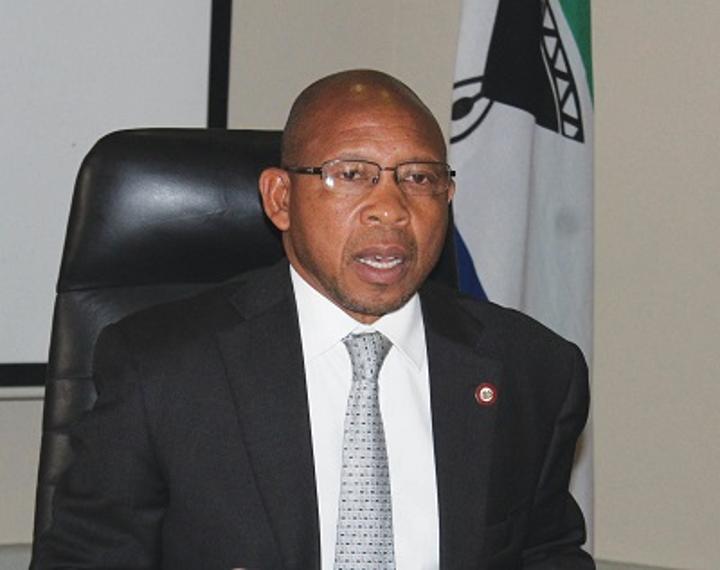Africa-Press – Lesotho. Now that cross border movement is highly limited as countries seek to avoid importation of Coronavirus (COVID-19), self-sustainability of states has been highly challenged, leaving
some exposed. Lesotho, for one has been challenged in various angles but food security. The national lockdown brought an unanticipated economic hiccup, people couldn’t generate any income for weeks
during the national lockdown that went for a month between March and April. Almost two months later, the effects of it are still felt and are as severe as
if it was just yesterday. Despite the government, individuals and other entities mobilizing mitigations with food parcels among other measures since March, many village chiefs in various communities continue to call for
assistance for their villagers who sleep on empty stomachs daily. When the former Prime Minister (PM) Dr. Motsoahae Thomas Thabane announced back in April that his government had
mobilized a relief fund of M698 millions, of which M100 million was for agricultural support, especially food production, the Lesotho National Farmers Union
(LENAFU) expressed a different perception. Although not against per se, the association rued the intended mission citing that it was meant to solve a problem at present rather than forging a
sustainable way forward to achieve food security independence for the country. LENAFU president Mamolise Lawrence told Informative Newspaper that a long-term solution would include
among other things, erecting storage for grains. This she said would help the country to store food after mass production, for future consumption as part of
solving food security problems for the country. As it stands, it seems the newly inducted regime led by Dr. Moeketsi Majoro shares the very same view and has
joined the chorus of continuity, as they embark on turning Lesotho into a self-sufficient state when it comes to food availability. When addressing the
nation for the first time since his inauguration last month, Majoro stipulated intentions to invest in agriculture. “The Covid-19 era showed us how dangerous it is for us to depend fully on another country for food security.
Because of this we intend to go full force in summer cropping for 2020/21 in cooperation with Basotho. This will hopefully rescue the country out of poverty
since the government will also strive to harmonize market for agricultural produce,” he said. He went on to pledge that the government will improve clean water supply by building dams for irrigation and
domestic use. He called on Basotho to conserve soil and avoid using it for house construction among other irrelevant activities to agriculture. This he said the government is going to ensure, for the sake of Basotho at large, and next generations.






